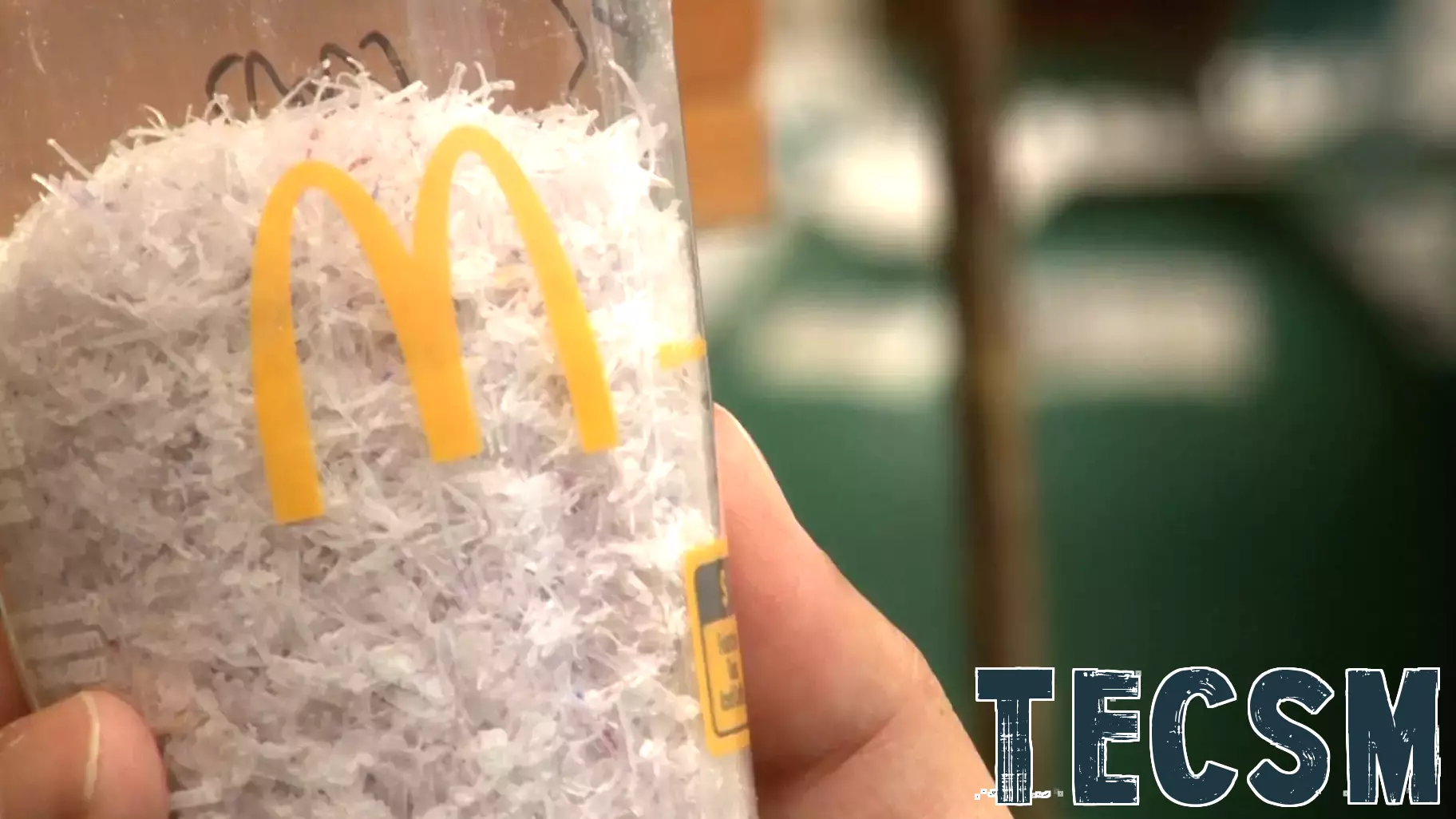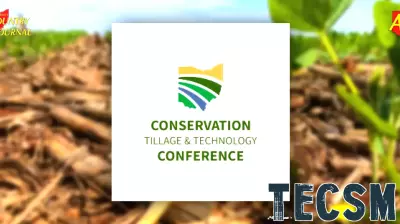WVU researchers develop microwave technology that could extend the life cycle of plastics
November 13, 2024 - 08:04

The technology harnesses the power of microwaves to break down plastics more efficiently, allowing for easier reprocessing and repurposing. By focusing on the molecular structure of plastics, this method enables the disintegration of complex materials into simpler forms that can be reused in new products. This could lead to a more sustainable approach to plastic waste management.
Current recycling practices often face limitations due to the diverse nature of plastics and the challenges in processing them effectively. However, the application of microwave technology aims to overcome these obstacles, offering a promising solution for increasing the recyclability of plastics. The potential benefits extend beyond just improved recycling rates; they also include reduced energy consumption and lower greenhouse gas emissions associated with plastic production.
As the world grapples with the growing issue of plastic waste, advancements like this could play a crucial role in fostering a circular economy. By reimagining how plastics are treated and reused, researchers are paving the way for a more sustainable future, where plastic materials can be continually recycled and repurposed, minimizing their environmental impact. This innovative approach could redefine our relationship with plastic and its lifecycle, promoting a healthier planet.
MORE NEWS

March 4, 2026 - 19:34
Construction AI Launches First AI-Native Project Management Platform for UK Construction SMEs, to address £170bn Industry's Technology GapA groundbreaking new software platform, built from the ground up with artificial intelligence, has launched to serve the vast majority of UK construction businesses. The tool directly targets the...

March 4, 2026 - 05:46
Next-gen restaurant tech: practical, profitable, and BOH focusedA significant shift is underway in how restaurants invest in technology. The initial wave of customer-facing innovations—flashy apps and digital menus—is giving way to a more mature, pragmatic...

March 3, 2026 - 02:44
Conservation Tillage and Technology Conference is March 10-11The future of sustainable agriculture will be the focus at the 2026 Conservation Tillage and Technology Conference, scheduled for March 10-11. The event, to be held at Ohio Northern University in...

March 2, 2026 - 10:58
A Look At GigaCloud Technology (GCT) Valuation After Record Results And New Buyback ProgramGigaCloud Technology (GCT) has captured significant market interest following the release of its outstanding fourth-quarter and full-year 2025 financial results. The company announced...